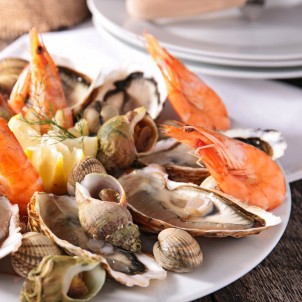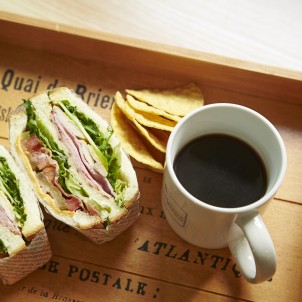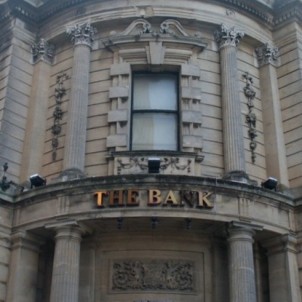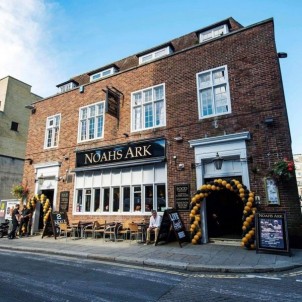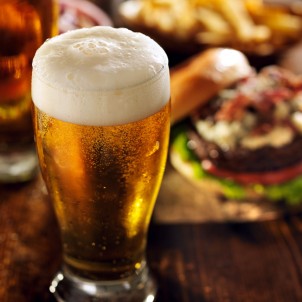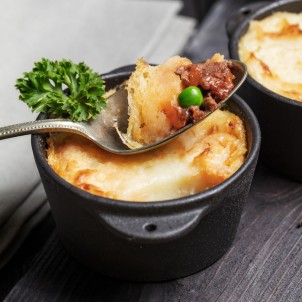Discover the best pubs & restaurants in Plymouth
![]() Town/City Name
Town/City Name
Plymouth
![]() County
County
Devon
![]() Population
Population
234,982
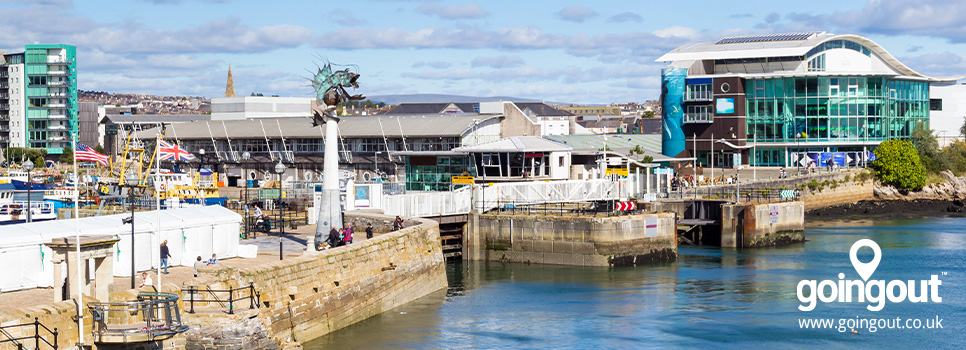
 About Plymouth
About Plymouth
Plymouth is a port city situated in Devon, known for its maritime heritage, many nature parks, and its Sutton Harbour. The town has many pubs, restaurants, and cafes. Some pubs include the Fortescue, the pub on the hoe, dolphin hotel, etc. The pub on the hoe is one of Plymouth's famous, sitting opposite the Hoe park. It is well known for its quality dishes and a wide assortment of beers, wines, and soft drinks. It is a quirky pub with a few rooms to book for a night or two if you are looking to explore the bustling city. Some of Plymouth's favourite restaurants include fletcher’s restaurant, cosmic kitchen, tea bun and plenty of others offering delicious dishes.
Plymouth hoe park has unbeatable views; whether you are having a picnic, walking your dog, or just going for a long stroll to breathe in some fresh country air, this is a place you should visit. The park is home to the iconic Smeaton's lighthouse; the park is close to the shoreline, used for bathing by the public during summer times. Plymouth hoe also holds annual events such as British firework championships and the renowned Plymouth Armed Forces Day. Surround the park are many shops, cafes, pubs, and restaurants perfect if you are looking to spend the day outdoors.
If you are interested in marine species, then the National Marine Aquarium Plymouth is the place to be. With over 4000 animals to see and learn about, it is the perfect place for a family day out. Some species include sharks, octopuses, jellyfishes, etc. This exciting journey starts at Plymouth Sound; here, you can see animals like baby catsharks, boarfish such as Denzel and starfishes. Then it continues to explore the whole ocean, from the deep depths of the Atlantic Ocean to the colourful corals of the Great Barrier Reef. The Aquarium has parking, toilets, and many gift shops.
Dartmoor zoo is one of Plymouths popular attractions with plenty of wild species to see up close and take pictures! It is an exciting opportunity to learn about the different animals and their background stories. Dartmoor zoo has a vast collection of wildcats; the zoo holds educational workshops that deliver fun and challenging experiences making the school visit worth it. The zoo has memberships where you can visit the zoo all year round for a fixed price.
 Places to eat in Plymouth, Restaurants in Plymouth
Places to eat in Plymouth, Restaurants in Plymouth
 Places to drink in Plymouth, Pubs and Bars in Plymouth
Places to drink in Plymouth, Pubs and Bars in Plymouth
 A brief history of Plymouth
A brief history of Plymouth
Plymouth has much history, dating back to the bronze age; the town has seen significant growth and many famous figures became the centre of commercial shipping. Plymouth handled imports since the Mayflower Pilgrims departed in 1620 after being persecuted. Plymouth prospered as fishing and market town and started trade across the channel with Spain and France. Castles were built in the city that became a military and naval base to protect the country from attacks. During the second world war, Plymouth was bombed badly, destroying many houses and buildings; after the war ended, there were plans to construct a modern city.
During the 16th century, a fisherman named John Cabot noticed a rich supply of fish in Newfoundland. Fishing was a valuable industry in Plymouth, whereas other goods such as wine and fruits were imported from Spain and France. In 1653 a yarn market was built in the town supplying many people with jobs strengthening the city. During the 18th century, dockworkers found it difficult to travel through and from work, so they established houses near the port, and as the population grew, more houses were built.
 Popular things to do in Plymouth
Popular things to do in Plymouth
- Naval memorial: https://www.cwgc.org/visit-us/find-cemeteries-memorials/cemetery-details/142001/PLYMOUTH%20NAVAL%20MEMORIAL/
- Devonport park: http://routeways.org.uk/index.php/devonport-park-activity-centre
- Devonport Naval Heritage Centre: https://devonportnhc.wordpress.com/
- Theatre Royal Plymouth: https://theatreroyal.com/
- Drake Circus shopping centre: https://www.drakecircus.com/
- South west coast path & national train: https://www.southwestcoastpath.org.uk/walk-coast-path/days-out/railways-walks/
 Free things to do in Plymouth
Free things to do in Plymouth
- Elizabethan Gardens: https://www.visitplymouth.co.uk/things-to-do/elizabethan-gardens-p1417583
- Plymbridge woods: https://www.nationaltrust.org.uk/plymbridge-woods
- Plymouth sound: https://www.visitplymouth.co.uk/things-to-do/plymouth-sound-shores-and-cliffs-p461723
- Burgh Island: https://www.visitsouthdevon.co.uk/things-to-do/burgh-island-p1541123
- Plymouth synagogue: http://plymouthsynagogue.com/
- Royal William yard: https://royalwilliamyard.com/
- St Andrews church: https://www.standrewschurch.org.uk/
- Mount wise swimming pools: https://www.everyoneactive.com/centre/Mount-Wise-Swimming-Pools/?utm_source=Web&utm_medium=GoogleBusiness
 Great for kids in Plymouth
Great for kids in Plymouth
- Saltram national trust: https://www.nationaltrust.org.uk/saltram
- Smeaton’s tower: https://www.theboxplymouth.com/outside-the-box/smeatons-tower
- Tin side pool: https://www.everyoneactive.com/centre/Tinside-Lido/?utm_source=Web&utm_medium=GoogleBusiness
- National marine aquarium: https://www.national-aquarium.co.uk/
- West hoe park: https://www.plymouth.gov.uk/homepage/leisureandtourism/parksnatureandgreenspaces/parks/westhoepark.htm
- Mayflower museum: https://www.visitplymouth.co.uk/things-to-do/mayflower-museum-p928703
- Plymouth Snowsports centre: https://www.jnlplymouth.co.uk/
- Prime skatepark: https://www.primeskatepark.com/
- Devils point park: https://www.plymouth.gov.uk/visitorsandtourism/freeattractions/devilspoint
 Dog friendly bars
Dog friendly bars
- The Pub on The Hoe: https://www.pubonthehoe.co.uk/
- The Fisherman’s Arms: http://fishermansarms.co.uk/
- The Waterfront: http://waterfront-plymouth.co.uk/
- Seco Lounge: https://thelounges.co.uk/seco/
 Dog friendly restaurants
Dog friendly restaurants
- The Fig Tree @ 36: https://thefigtreeat36.co.uk/
- Moorland Hotel: https://moorlandhotel.com/
- The Brook Inn: https://www.facebook.com/BrookInnPlympton/
- The Plymouth Stable: https://plymouth.stablepizzza.com/?utm_source=googlemybusiness&utm_medium=organic&utm_campaign=googlemybusiness_website
- Jolly Jacks: https://www.jollyjacks.co.uk/
 Did you know?
Did you know?
Plymouth has two rare fruits, one known as the spiny Plymouth strawberry and the Plymouth pear. Plymouth was home to one of Britain’s largest jellyfish known as the barrel jellyfish that washed up on its shores.
 The hidden gems of Plymouth
The hidden gems of Plymouth
Some of Plymouths hidden gems include the Elizabethan garden, The royal citadel and Devonport Guildhall and Column.
 Unique to Plymouth
Unique to Plymouth
Plymouth has a large combination of costal and open waters.
 find your venue
find your venue feature your venue
feature your venue